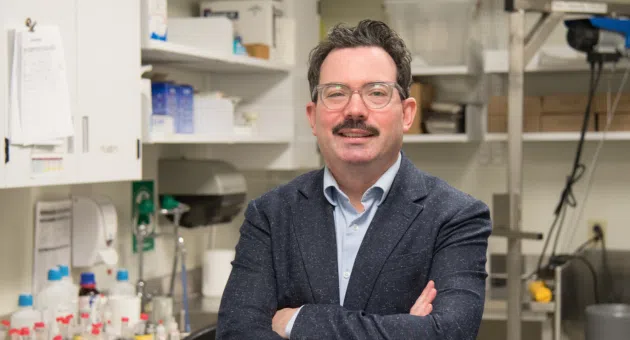The London Health Sciences Centre has received a new prostate cancer treatment and it’s the first in Canada to do so.
“The new treatment agent we’re talking about is called Pluvicto. It’s what we call a radial ligand therapy or a systemic radiation treatment that is given intravenously to patients” said Dr. David Laidley, a Nuclear Medicine Physician at LHSC.
“Up until recently, the drug had been approved for use in Canada but has not had public reimbursement,” he said.
“So as of December of this year, we had an announcement from Ontario Health that Ontario was moving ahead with funding and we were able to review our referrals for this treatment and organize all the necessary steps to get the treatment organized on December 27th of 2024,” said Dr. Laidley.
“Ontario Health has announced funding for various hospitals they include Princess Margaret Hospital, Sunnybrook, Ottawa Hospital and Hamilton, so as of today, each of those centres has permission to move ahead with potential recruitment and treatment of patients for advanced prostate cancer. ” Dr. Laidley goes on to say.
According to the Canadian Cancer Society, prostate cancer is the most common cancer among men in Canada.
Two tests are available to help fight prostate cancer early. The first is the prostate-specific antigen test (PSA), a blood test that reads the levels of PSA to try to distinguish changes in the substance only created by the prostate.
The Second test is a digital rectal exam(DRE), a physical test to examine the prostate is the most effective at detecting cancer.
Both tests together are better than one test alone to ensure that the cancer is spotted earlier because it’s easier to treat.
There are many telling symptoms that you might need to contact your doctor for a prostate exam.
An example of a just few are:
- pain or stiffness in the back, hips or pelvis that doesn’t go away
- fatigue
- discomfort or pain when sitting
- any difficulties with bladder or urine in general
There is also convincing evidence that having a family history of prostate cancer increases risk of developing the disease.





